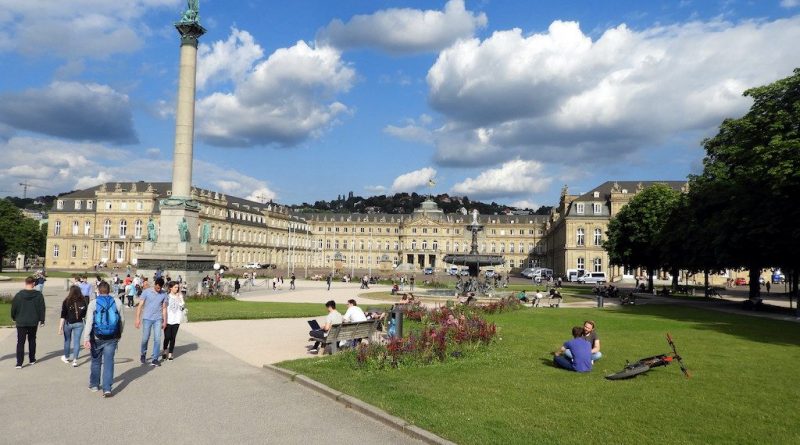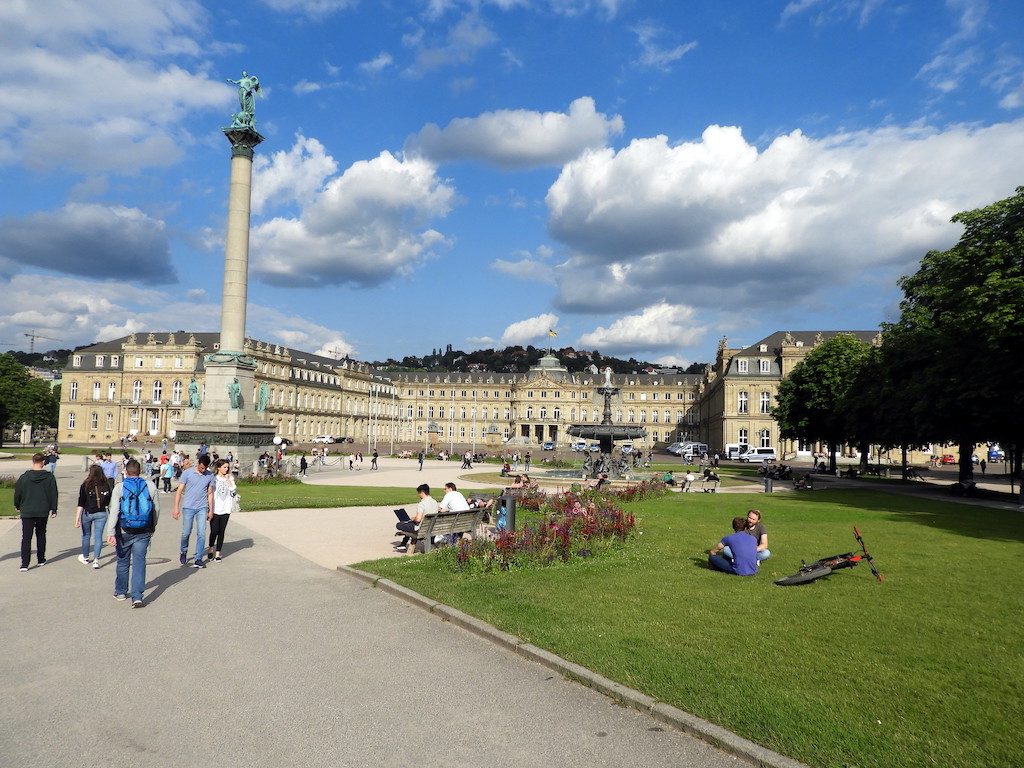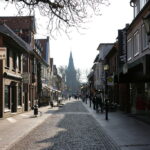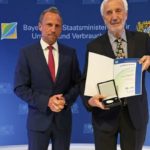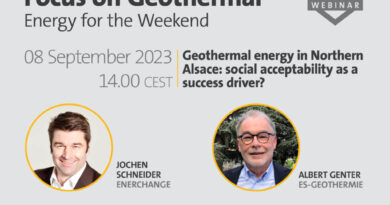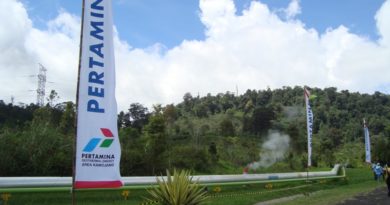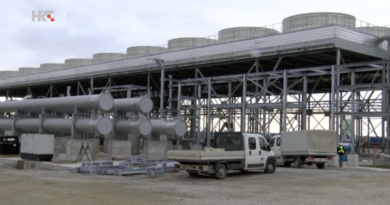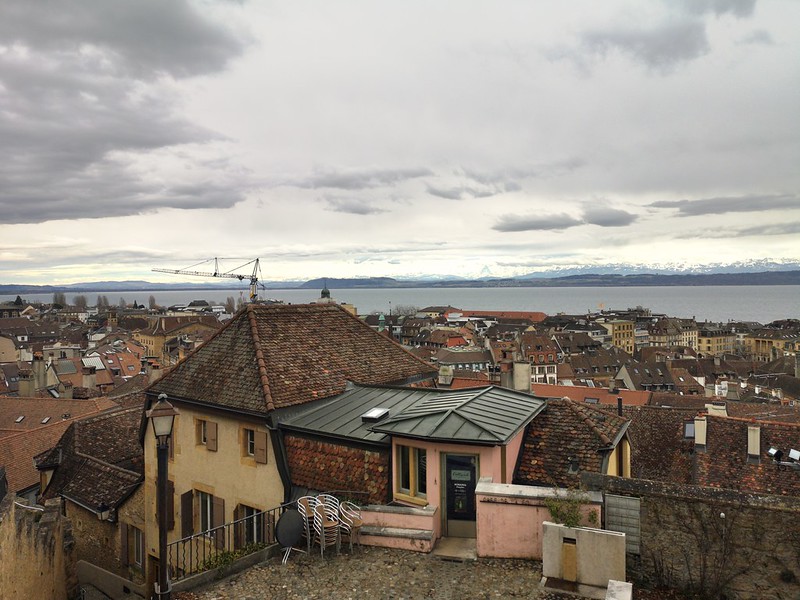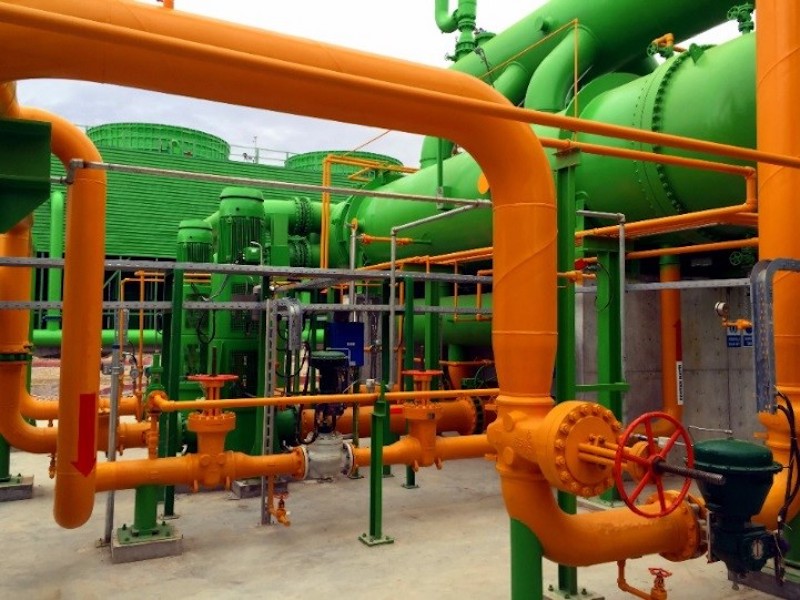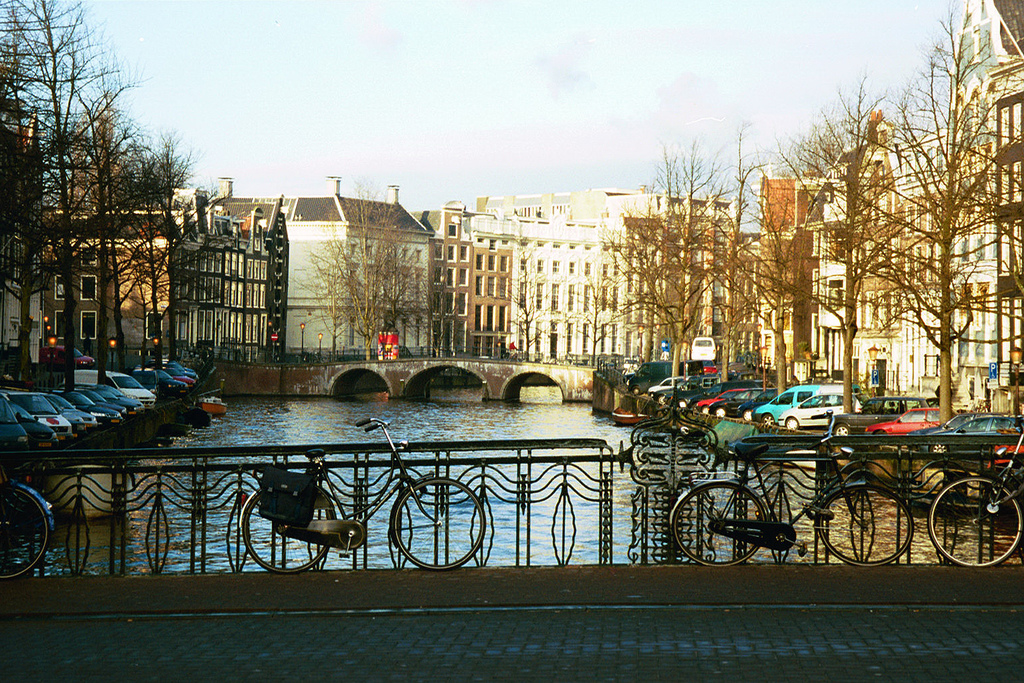Spirit of optimism for geothermal energy in state of Baden-Württemberg, Germany
Energy Disrupter
Several projects are currently promoting the use of deep geothermal energy in the German state of Baden-Württemberg. In particular, heating networks that are connected to fossil-fuel power plants could become greener.
There is a high level of optimism in the German State of Baden-Württemberg, according to the platform for the state (platform EE BW). There is great potential for geothermal energy utilisation and could cover around ten percent of the overall energy demand in Germany. In Baden-Württemberg, the conditions for geothermal energy development are particularly good in the regions of the Upper Rhine Graben and Upper Swabia. “It is important to use this potential in order to make progress with the climate-friendly heat supply. So far there is a lack of concepts, ”says Franz Pöter, managing director of the EE BW platform. In the Upper Rhine region, however, deep geothermal energy could be the key to this. New heating networks to be planned could also use geothermal heat sources.
With the “Deep Geothermal Energy Roadmap” adopted in March 2020, the state government of Baden-Württemberg is also aiming to make greater use of the potential. The aim is to identify resources and reduce obstacles. We reported on it.
New geothermal projects in the country
There is also a lot going on in the southwest of Germany. Several companies have initiated specific measures for the implementation of geothermal energy projects on the Upper Rhine. Deutsche Erdwärme GmbH from Karlsruhe is currently planning three projects. At the project site in Graben-Neudorf, the first well is due in 2021. In cooperation with the MVV, EnBW also applied to the responsible state authority for an exploration license for geothermal energy in a permit field in the Mannheim-Heidelberg-Speyer triangle. EnBW has been operating a geothermal system in Bruchsal together with the local utility company for more than 10 years. The system is used to generate electricity and supply heat to a nearby police barracks.
In the Freiburg area, Badenova is now also taking on the task of locating geothermal heat sources and developing them for district heating. In addition, the Karlsruhe Institute of Technology is planning to build its own research facility on Campus North in cooperation with EnBW. KIT and EnBW jointly hold the geothermal license here. “The technological development in deep geothermal energy and the strict safety requirements are suitable so that the projects can be implemented without negative effects on the environment and local residents.” Says Lutz Stahl, member of the board of the EE BW platform.
As the umbrella association of the renewable energy sector in the southwest of Germany, the EE BW platform accompanies these projects and informs interested specialists and the general public about the opportunities offered by deep geothermal energy. “In particular, the municipalities in Baden-Württemberg that are obliged to plan heat from next year should deal with the possibilities of deep geothermal energy if they are located on the Upper Rhine Graben or in Upper Swabia,” recommends Franz Pöter. “Together with solar thermal energy and bioenergy, geothermal energy is the renewable energy for a climate-friendly heat supply.”
Web seminar provides information on the current status
On Thursday, November 26th from 11 a.m., the EE BW platform will host a free one-hour web seminar on renewable heat supply with deep geothermal energy. In it, she illuminates the current development on the Upper Rhine as well as the development concepts with regard to the geological conditions there and also takes a look at Munich, where the technology has been established for two decades and has become an essential component in achieving the climate goals. Register here for the webinar.
Source: Erneuerbare BW

